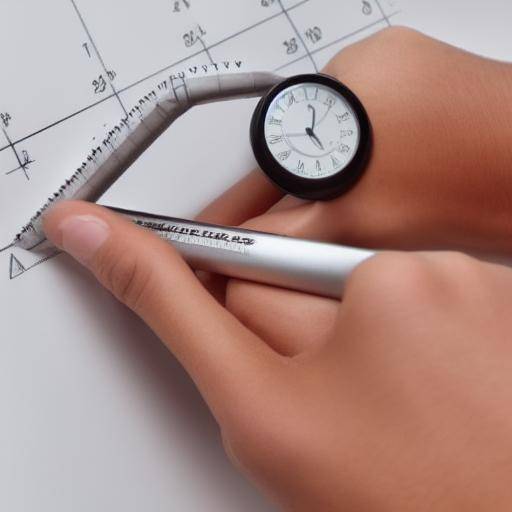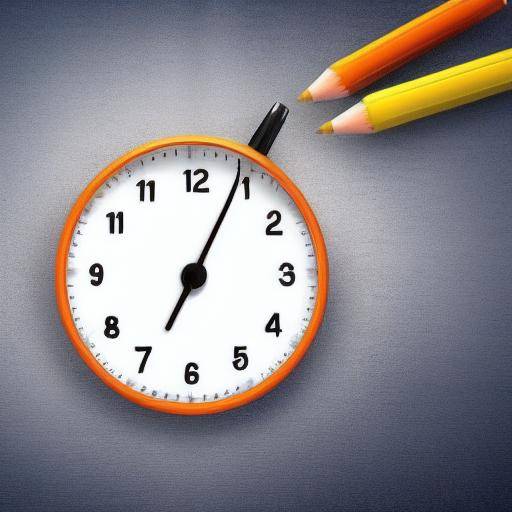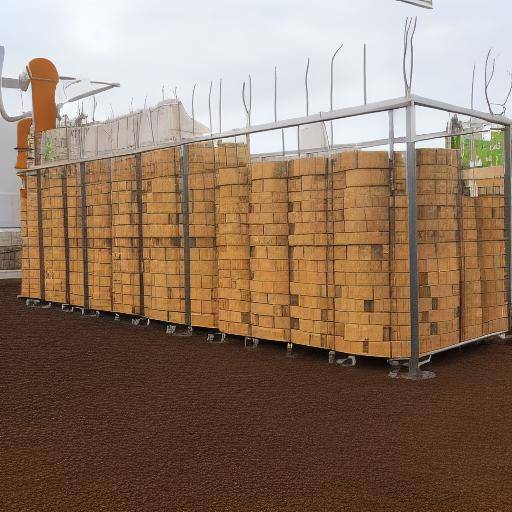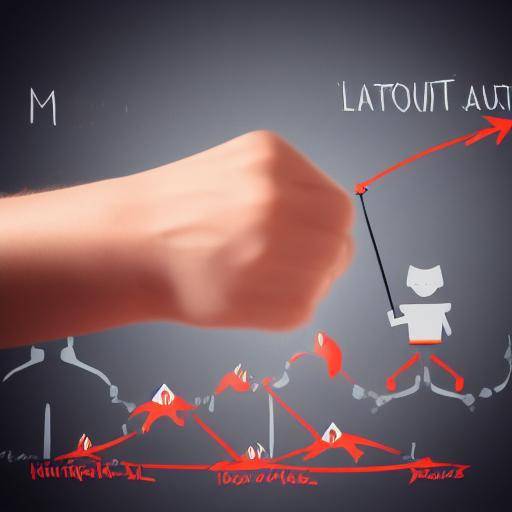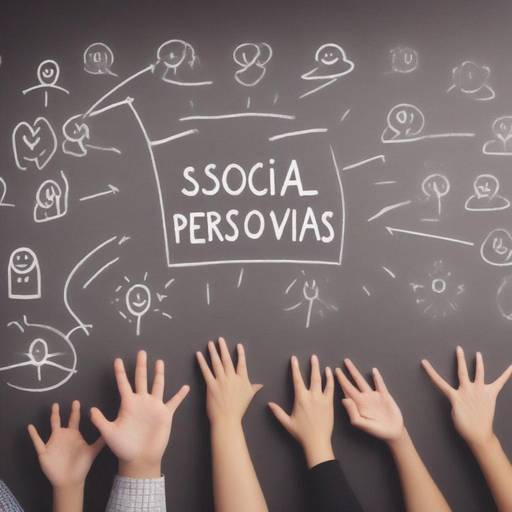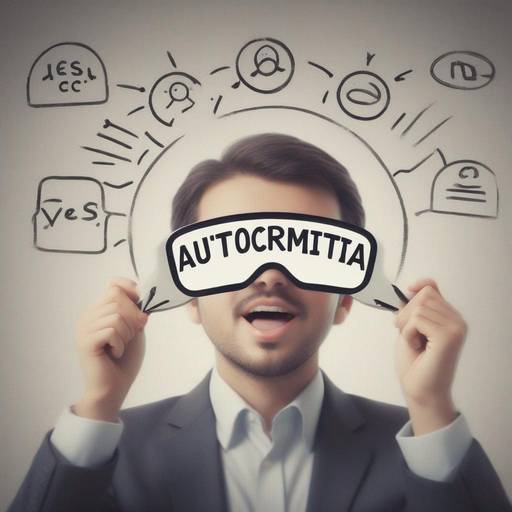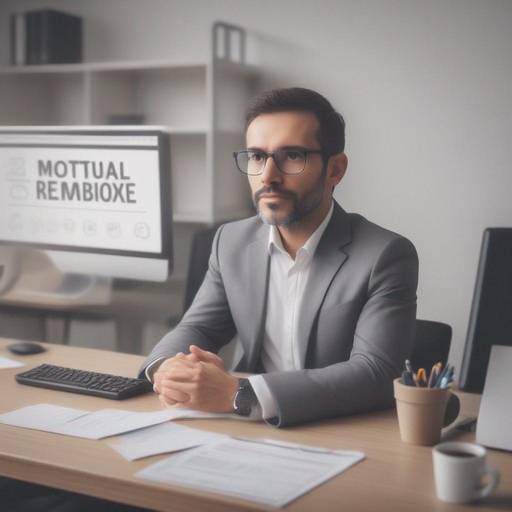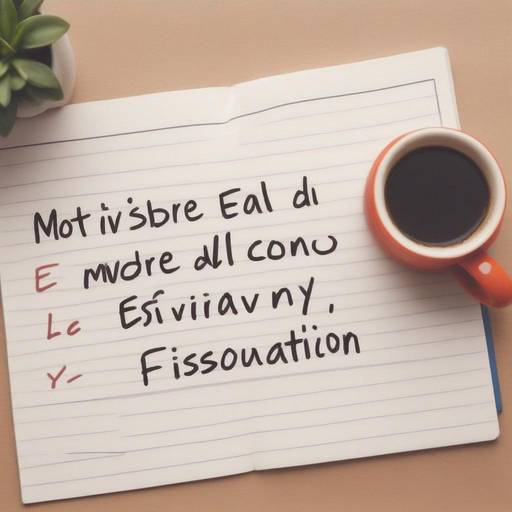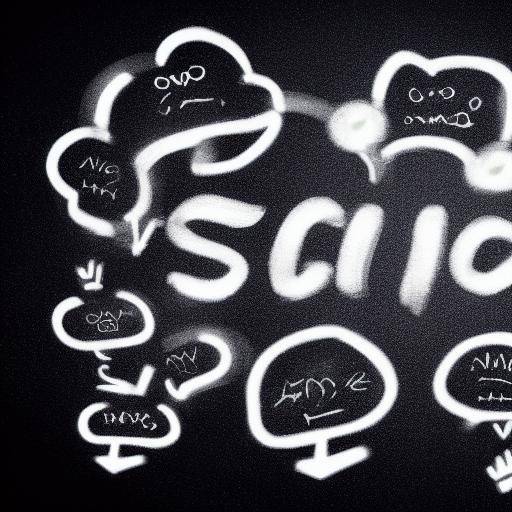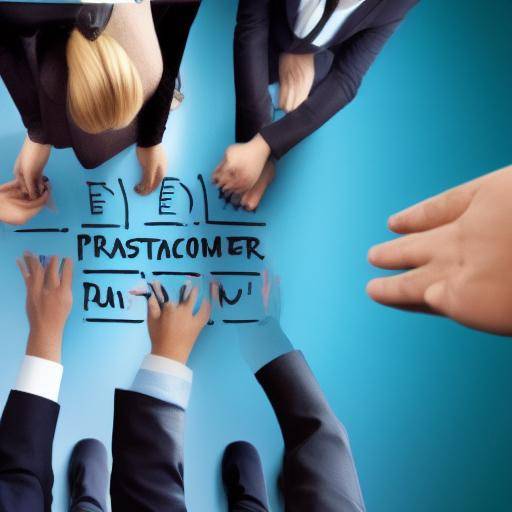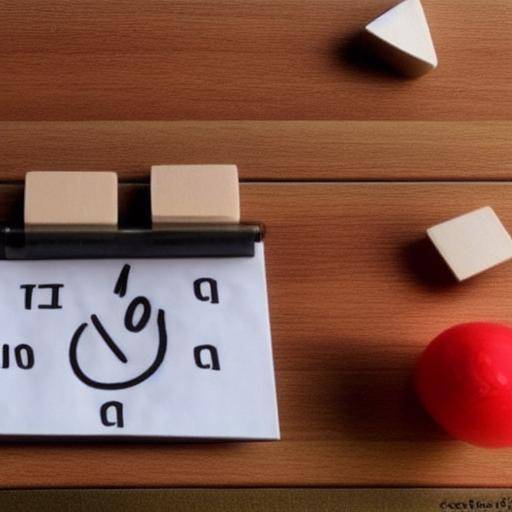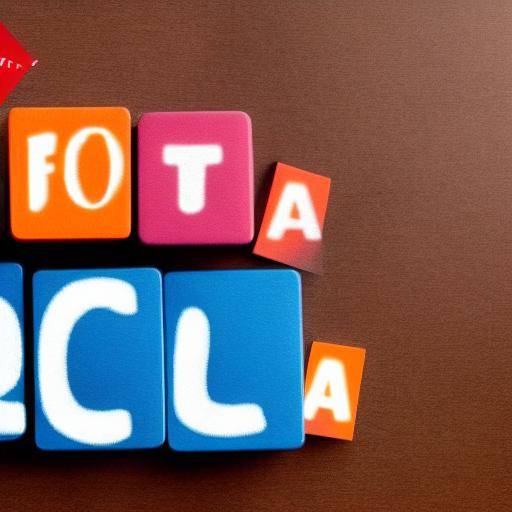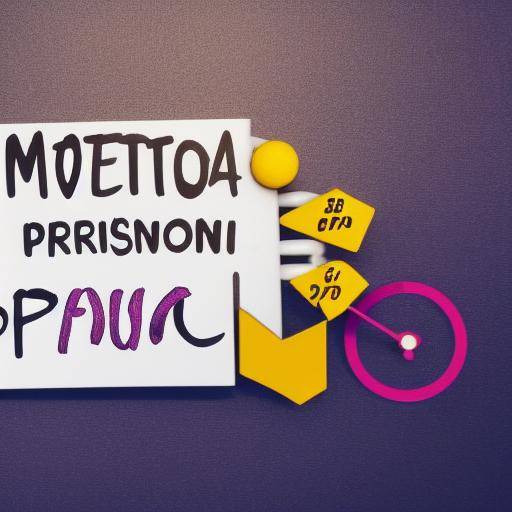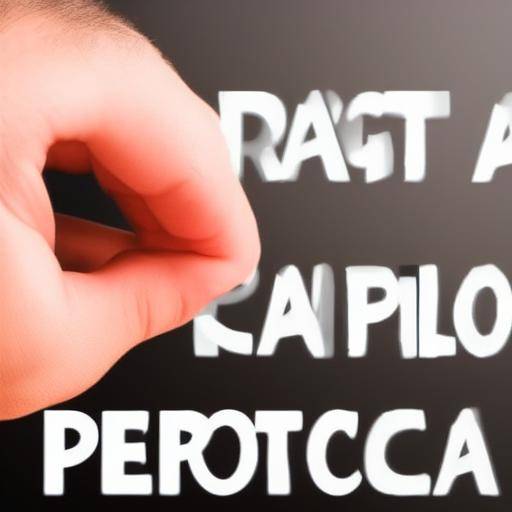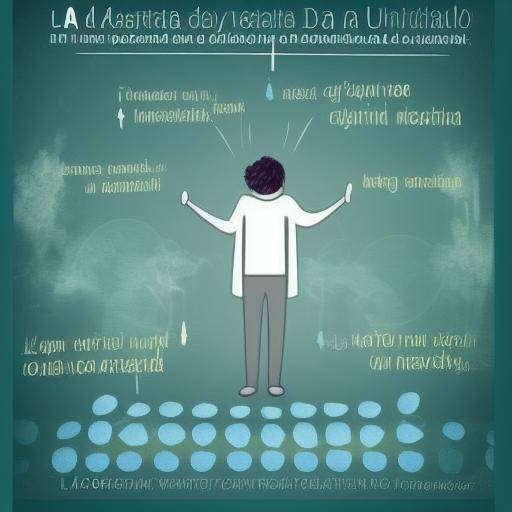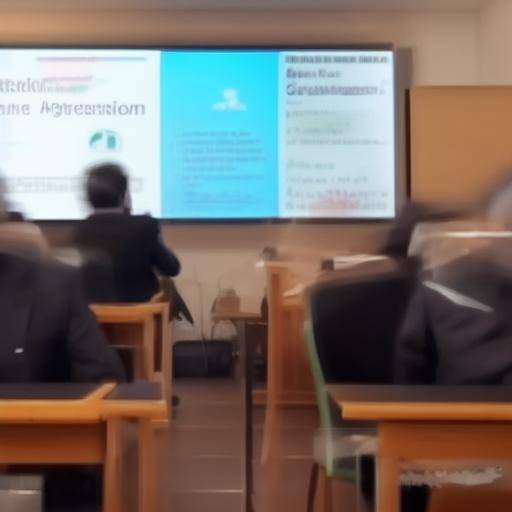
Introduction
In everyday life, efficiency development plays a crucial role in achieving success. This article focuses on the importance of the positive mentality, efficiency and motivation in improving both personal and professional performance. Their interconnections, effects on productivity and their application will be examined in various aspects of life.
History and Background
The relevance of a positive mentality goes back to the ancient Eastern and Western philosophies, where the influence of thought in everyday life was highlighted. The concept of efficiency has evolved over time, influenced by the industrial revolution and progress in business management. At the same time, motivation has been studied in fields such as psychology, highlighting its role in human behavior.
Old philosophy
Eastern philosophies, such as Buddhism and Taoism, emphasized the importance of a serene and positive mind to achieve harmony and well-being. In the West, the Stoics emphasized the control of emotions and the focus on what can be controlled as a means for a virtuous and efficient life.
Industrial revolution and efficiency
The industrial revolution marked a turning point in the way efficiency was perceived. The introduction of machinery and the optimization of productive processes led to new management theories, such as the scientific administration of Frederick Taylor, which sought to maximize productivity with minimal resources.
Psychology and motivation
The study of motivation has been central in psychology, with theories such as the hierarchy of needs of Maslow and the theory of self-determination of Deci and Ryan, which emphasize the importance of meeting intrinsic and extrinsic needs to maintain motivation and commitment.
Analysis in Deep
Positive mentality
The influence of a positive mentality is reflected in stress reduction, improved decision-making and increased resilience to challenges. People with an optimistic attitude tend to face the difficulties with greater creativity and perseverance, allowing them to find effective solutions and maintain a high level of motivation.
Efficiency
Efficiency has a direct impact on achieving objectives with the lowest possible resources, maximizing productivity. Being efficient involves proper planning, prioritization of tasks and intelligent use of time and available resources. Automation and delegation are key tools for improving efficiency in various contexts.
Motivation
Motivation is essential to maintain a proactive and goal-oriented attitude. Intrinsic motivation, driven by interest and enjoyment in the task, and extrinsic motivation, motivated by external rewards, are essential to sustain long-term effort and dedication. Recognition and positive feedback also play a crucial role in maintaining high levels of motivation.
Comprehensive review
The application of a positive mentality, efficiency and motivation goes beyond the personal sphere and influences the working environment, contributing to more cohesive teams and successful results.
Time management
A positive mentality and strong motivation help to establish clear priorities and maintain the focus on important tasks. Efficiency in time management allows you to complete tasks faster and with less effort, releasing time for additional activities or for rest.
Conflict resolution
The positive mentality facilitates more effective communication and greater willingness for collaboration, which is vital in conflict resolution. Efficiency in conflict management ensures that quick and effective solutions are found, minimizing the negative impact on the team.
Positive work environment
A working environment that fosters positivity, efficiency and motivation results in greater job satisfaction, lower turnover and increased productivity. Creating a positive working environment involves promoting the well-being of employees, recognizing their achievements and providing opportunities for professional development.
Comparative analysis
Despite their own characteristics, the positive mentality, efficiency and motivation are closely interrelated. They share the capacity to promote personal and organizational success, although from different approaches.
Synergy between positive mentality and motivation
A positive mentality fuels motivation by maintaining an optimistic perspective on challenges and opportunities. Motivation, in turn, reinforces a positive attitude by providing a sense of purpose and direction.
Efficiency and motivation
Efficiency improves when motivation is high, as individuals are more willing to invest the effort needed to optimize their performance. Efficiency can also increase motivation by allowing people to see tangible results of their work and feel a sense of achievement.
Complementarity
Positive mentality, efficiency and motivation are complemented to create a cycle of continuous improvement. A positive mentality facilitates adaptation to new methods to be more efficient, while motivation drives the constant search for best practices and solutions.
Practical Tips
To develop a positive mentality, efficiency and motivation, consider implementing the following tips:
- Sets clear and attainable goals: Defining specific goals will help you stay focused and motivated.
- Practice gratitude and positive thinking: Dedicates time every day to reflect on positive aspects and achievements.
- Prioritize tasks and use time management tools: Applying techniques such as the Pomodoro method or the Eisenhower matrix can improve your efficiency.
- Look for feedback and celebrate your achievements: The constructive feedback and recognition of your progress will increase your motivation.
- Develop troubleshooting skills: Face the challenges with a proactive and creative attitude will strengthen your resilience and efficiency.
Perspectives of Industry
In an increasingly competitive working environment, companies are recognizing the importance of fostering a positive mentality, efficiency and motivation among their employees. Well-being programmes, personal development workshops and the implementation of time management technologies are growing trends in industry.
Real Case Studies
Examples of companies that have adopted these practices include Google, which promotes innovation and well-being through comprehensive personal development programs, and Toyota, which applies the Kaizen method for continuous improvement and efficiency in their productive processes.
Future predictions
The integration of advanced technologies, such as artificial intelligence and automation, is expected to continue to drive efficiency at the workplace. In addition, the approach to employee welfare and motivation will become increasingly central to human resources strategies.
Conclusion
Developing a positive mentality, efficiency and motivation is essential to achieving success both at the personal and professional levels. These interconnected elements not only improve productivity and performance, but also contribute to greater overall satisfaction and well-being. By applying these practices in daily life and in the working environment, we can create a path to sustainable success and continued growth.
Frequently asked questions
1. How can I maintain a positive mentality in difficult times?
Maintaining a positive mentality in difficult times can be achieved through the practice of gratitude, meditation and focusing on solutions rather than problems.
2. What techniques can I use to improve my efficiency?
Some effective techniques include day planning, use of task lists, prioritization of activities and implementation of time management methods such as the Pomodoro method.
3. How can I increase my motivation when I feel demotivated?
To increase motivation, it is useful to set small and attainable goals, celebrate achievements, seek social support and remember the purpose behind your activities.





